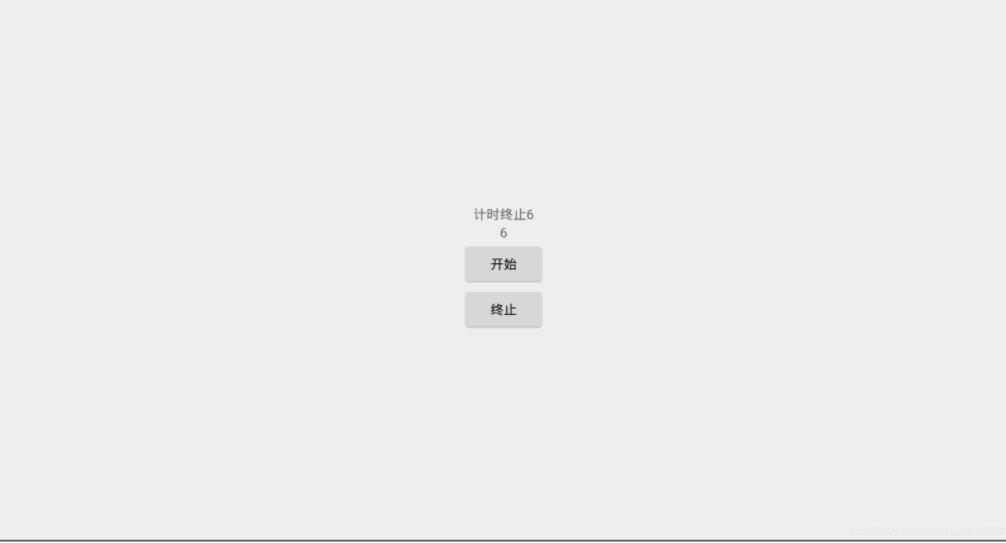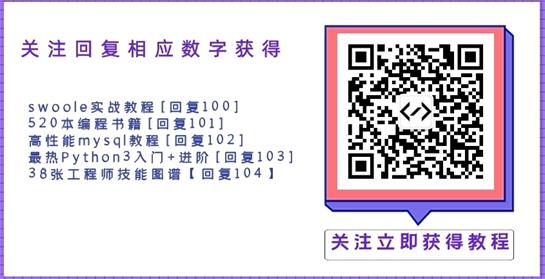本文实例为大家分享了Android实现计时器功能的具体代码,供大家参考,具体内容如下
计时器工具类
import android.annotation.SuppressLint;
import android.os.Handler;
import android.os.Message;
import androidx.annotation.NonNull;
import java.util.Timer;
import java.util.TimerTask;
/**
* 用于计时,在主线程中使用此方法
*/
public class ChjTimer {
private int time;//设置倒计时 X 秒
private int interval = 1000;//设置间隔时间
private ChjTimerInter chjTimerInter; //回调
private Timer timer; // 定时器
private static final int WHAT_REFREH = 0;//刷新
/**
* 创建对象则开始计时
*
* @param chjTimerInter 接口回调
*/
public ChjTimer(ChjTimerInter chjTimerInter) {
this.chjTimerInter = chjTimerInter;
}
/**
* 创建对象开始计时
* @param interval 间隔时间通知(使用第一个方法,默认1秒钟刷新一次)
* @param chjTimerInter 接口回调
*/
public ChjTimer(int interval, ChjTimerInter chjTimerInter) {
this.chjTimerInter = chjTimerInter;
this.interval = interval;
}
/**
* 开始计时
*/
public void start(int time) {
this.time = time;
if (timer == null){
timer = new Timer();
} else {
stop();
return;
}
timer.schedule(new TimerTask() {
@Override
public void run() {
timesss.sendMessage(new Message());
}
}, interval);
}
/**
* 终止计时
*/
public void stop() {
if (timer != null) {
timer.cancel();
timer = null;
}
if (timesss != null) timesss.removeMessages(WHAT_REFREH);
if (chjTimerInter != null)chjTimerInter.stop(time);
}
@SuppressLint("HandlerLeak")
private Handler timesss = new Handler() {
@Override
public void handleMessage(@NonNull Message msg) {
super.handleMessage(msg);
if (msg.what != WHAT_REFREH) return;
time -= 1;
if (chjTimerInter != null) chjTimerInter.second(time);
if (time == 0) {
if (timer == null) return;
timer.cancel();
timer = null;
if (chjTimerInter != null) chjTimerInter.expire();
} else if (time > 0) {
timer.schedule(new TimerTask() {
@Override
public void run() {
timesss.sendMessage(new Message());
}
}, interval);
}
}
};
/**
* 接口
*/
public interface ChjTimerInter {
/**
* 间隔时间内回调
*/
void second(int time);
/**
* 完成回调
*/
void expire();
/**
* 终止计时
*/
void stop(int time);
}
}
使用演示
import android.app.Activity;
import android.os.Bundle;
import android.view.View;
import android.widget.TextView;
public class MainActivity extends Activity implements View.OnClickListener, ChjTimer.ChjTimerInter {
private TextView tiems,timnew;
private ChjTimer chjTimer;
@Override
protected void onCreate(Bundle savedInstanceState) {
super.onCreate(savedInstanceState);
setContentView(R.layout.activity_main);
tiems = findViewById(R.id.time);
timnew = findViewById(R.id.timnew);
findViewById(R.id.but).setOnClickListener(this);
findViewById(R.id.buts).setOnClickListener(this);
chjTimer = new ChjTimer(this);
}
@Override
public void onClick(View view) {
switch (view.getId()){
case R.id.but:
tiems.setText("10");
timnew.setText("正在计时");
chjTimer.start(10);
break;
case R.id.buts:
chjTimer.stop();
break;
}
}
@Override
public void second(int time) {
tiems.setText(time + "");
}
@Override
public void expire() {
timnew.setText("计时完成");
}
@Override
public void stop(int time) {
timnew.setText("计时终止" + time);
}
}
页面布局
<?xml version="1.0" encoding="utf-8"?>
<LinearLayout xmlns:android="http://schemas.android.com/apk/res/android"
xmlns:app="http://schemas.android.com/apk/res-auto"
xmlns:tools="http://schemas.android.com/tools"
android:orientation="vertical"
android:layout_gravity="center"
android:gravity="center"
android:layout_width="match_parent"
android:layout_height="match_parent"
tools:context=".MainActivity">
<TextView
android:id="@+id/timnew"
android:layout_width="wrap_content"
android:layout_height="wrap_content"
android:text="计时完成"
app:layout_constraintBottom_toBottomOf="parent"
app:layout_constraintLeft_toLeftOf="parent"
app:layout_constraintRight_toRightOf="parent"
app:layout_constraintTop_toTopOf="parent" />
<TextView
android:id="@+id/time"
android:text="0"
android:layout_width="wrap_content"
android:layout_height="wrap_content" />
<Button
android:id="@+id/but"
android:text="开始"
android:layout_width="wrap_content"
android:layout_height="wrap_content" />
<Button
android:id="@+id/buts"
android:text="终止"
android:layout_width="wrap_content"
android:layout_height="wrap_content" />
</LinearLayout>
演示效果

以上就是本文的全部内容,希望对大家的学习有所帮助,也希望大家多多支持自学编程网。

- 本文固定链接: https://zxbcw.cn/post/209970/
- 转载请注明:必须在正文中标注并保留原文链接
- QQ群: PHP高手阵营官方总群(344148542)
- QQ群: Yii2.0开发(304864863)
